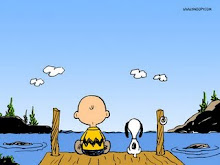Conspirator

- Brian
- I went out there in search of experience To taste and to touch and to feel as much As a man can before he repents.
"In any society not totalitarian, then, certain cultural forms predominate over others, just as certain ideas are more influential than others; the form of this cultural leadership is what Gramsci has identified as hegemony, an indispensable concept for any understanding of cultural life in the industrial West."
Edward Said
Orientalism

